Roger Glover talks Deep Purple, Rainbow and Dream Theater
"None of us predicted Smoke On The Water."

Roger Glover talks Deep Purple, Rainbow and Dream Theater
In a career spanning almost 50 years, Roger Glover has found success at just about everything he has tried.
The head scarf-sporting bassist joined Deep Purple just as the band hit mega stardom with classic albums In Rock and Machine Head, he then forged a career as a producer, working with the likes of Judas Priest and Rory Gallagher, he has mixed records for gargantuan bands such as Dream Theater and he’s also a master songwriter.
Oh, and now he’s back with Purple’s first brand new album in eight years. As Now What!? hits the shelves we spoke to Roger about his golden career...
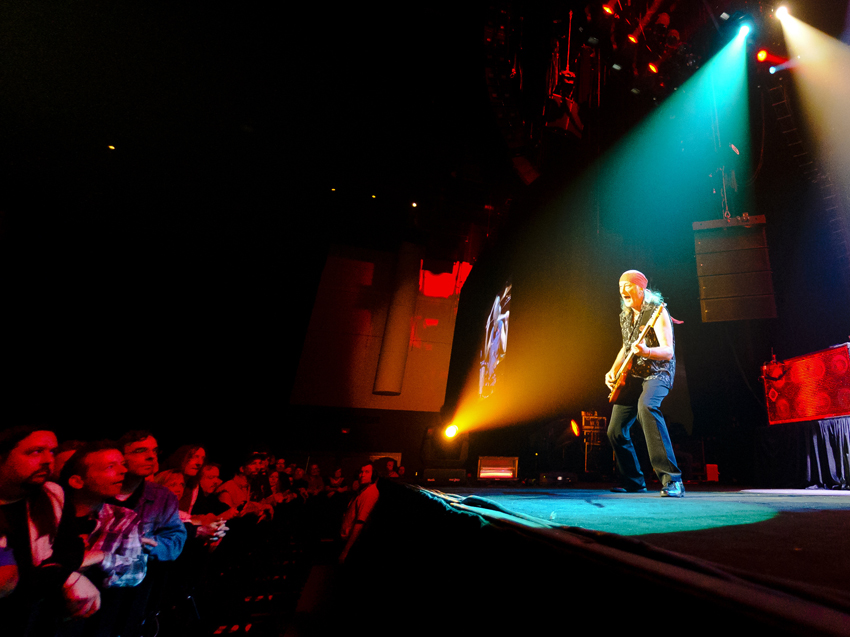
Now What!?
“We’re not very good at planning things to be honest. We’re a democratic band and it’s difficult to get an agreement going. After [2005 album] Raptures of the Deep, which came out eight years ago…the thing is we tour all the tour whether we have an album out or not, so it wasn’t the Rapture of the Deep tour, it was just another tour.
Doing an album didn’t really surface until three or four years after that one. We couldn’t figure out where, when, who with or even if to do a new album, because albums aren’t what they used to be, they used to be real signposts, but then maybe this album is another signpost. Albums seem to be old fashioned though, but then again we’ve never been in fashion.
We didn’t have much of an idea until three years ago when we had a writing session. We don’t write on the road or in sound checks or anything like that, so we had a writing session for nine days. By writing session I mean we just jam. Out of those jams songs sometimes appear.
We finished those sessions with ten or 12 ideas but it wasn’t until a year ago when Bob Ezrin came to see us in Toronto that things started moving. We had a meeting and it was a match very well made, he liked us and we liked him. At that point a way ahead appeared and we had another writing session in which most of the songs were formed.
We went into the studio and it was very easy. We had a bit of time to refine the arrangements so by the time we got to the studio we played it pretty much live. That gives it a fresh feeling. It helps to get it in the first few takes, you should not think, just play.
We were very concerned that it should sound good, I’ve been disappointed with some of the albums we’ve done before in terms of sound. When you play live you’re in front of an audience and you’ve got the adrenaline. In the studio it is more clinical, but we brought the experiences of being on the road into the studio.”
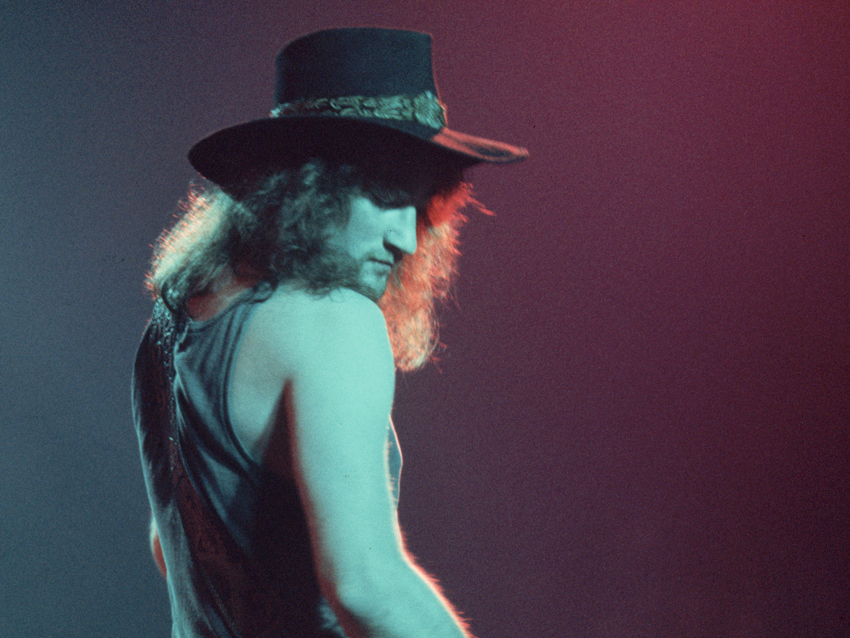
Early Deep Purple
“Our approach [today] differs not in the slightest [from the early days]. That’s how we always wrote.
This band is a band of virtuoso players – Ritchie Blackmore, Jon Lord and Ian Paice - Ian Gillan and I came into the band as a songwriting partnership and it worked very well. The thing about virtuoso players is that it can degenerate into something far too complicated for most people.
Back then if a band lasted more than four years you were lucky. You didn’t think about the future. Looking back we can see that we had a future. But we don’t think about the past too much.”
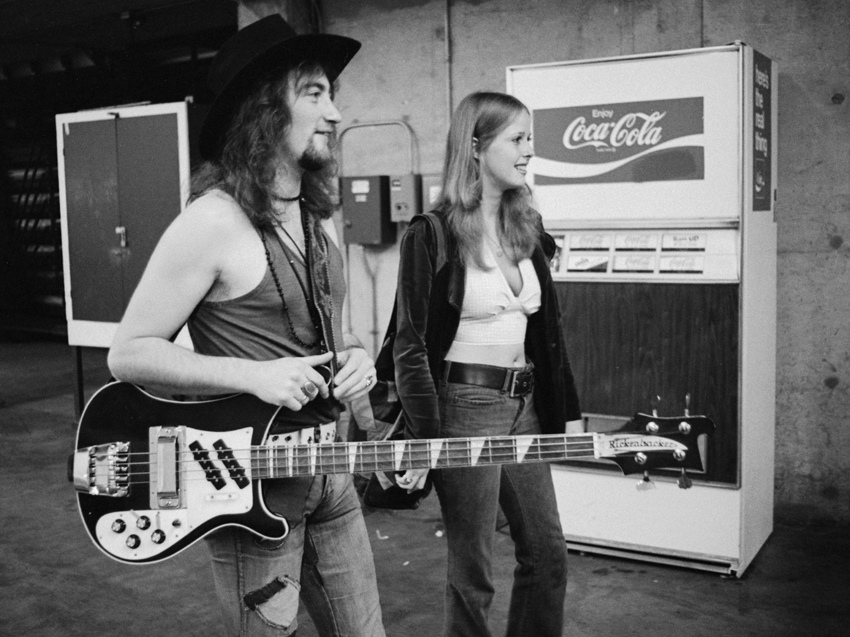
Success
“In Rock was the first studio album I ever made. I had a band before but we just made singles. My first outing with Deep Purple was [1969 album] Concerto.
I didn’t know what I was in for. I’d listened to the first three albums and was impressed with them. But when we started writing you really didn’t know what was going to happen. We were against the grain.
After Concerto we were seen as an arty band and we’d turn up to gigs and people would want to know where the orchestra was. In Rock was a much harder album than we would have made had we not done the Concerto. The success of it was very surprising. In those days if the BBC didn’t play something you didn’t stand a chance in hell, and they wouldn’t play us. We made it under our own steam, and that’s when you really make it.
“With Machine Head none of us predicted [the success of] Smoke on the Water. That was the last thing on our minds that that would become an iconic song. You never can tell, it’s down to the people.”

Solo
“First and foremost, I wasn’t really a bass player I was a songwriter. That was my main thrust. I wrote a lot of stuff for Episode 6, Ian Gillan and I started writing together.
We joined Purple as a partnership. Having success in hard rock didn’t mean I stopped writing songs. When I left Deep Purple the big thing that came along was [1974 album] Butterfly Ball. That was a chance to go back to my roots and write songs for their own sake other than being to anyone’s expectations.
I still write every day, songs just appear. I’m very grateful that I haven’t had to write jingles or pop hits for a career. Some songs don’t work for Deep Purple, hence the solo albums.”

Rainbow
“I was really in Rainbow as a producer. In the six years I was off the road with Purple I produced a lot of music. I made my peace with Ritchie even though he was the main reason I wasn’t in the band.
I met up with him again in ‘76 or ‘77 in a studio and he played me Stargazer. It blew me way. I had always been a Dio fan, I more or less discovered Ronnie in ‘72 with Elf. Although Rising was a brilliant album it didn’t sell that much. I was brought in to change the fortunes of the band. And it did.
I was playing bass and writing all the parts but I wasn’t in the band until the album was finished. Cozy Powell said to me, ‘Why aren’t you in the band?’ I said it him, ‘I can’t just join a band because I feel like it, I’ve got to be asked.’ That was definitely Ritchie’s band. Just because we were equals in Purple that doesn’t mean we were equals in Rainbow.”

Nazareth
“We played with Nazareth on a tour or two. Although I was untried as a producer, I got a call asking if I would produce them.
I had recorded a single for them in London, Broken Down Angel - that was in ‘73 and I was busy on the road with Purple, not realizing that I would be leaving the band that summer. That was a big thing to go through emotionally, leaving the biggest band in the world was pretty dismal.
I came back to England as a bit of a wreck, I was a mess. I opened the music papers and found Broken Down Angel in the top five, so I immediately found myself with another career.”
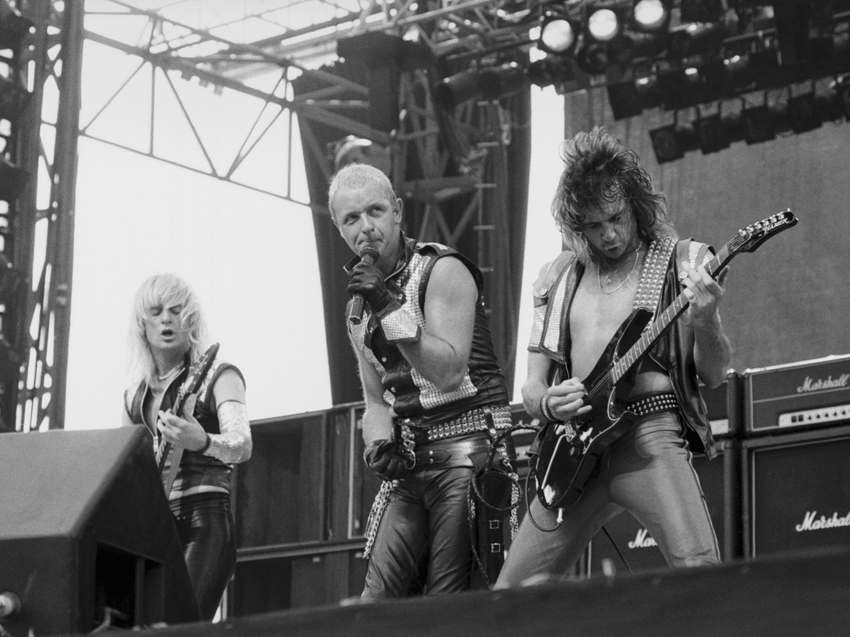
Rory Gallagher/Judas Priest
“I’d known Rory Gallagher, he had been an opening act for us on several tours. I first worked with him when he was in Taste.
Judas Priest – they weren’t that well known, they hadn’t had a hit. When I was asked to produce them that actually almost didn’t happen because they didn’t want to be produced by me, or by anyone, they wanted to do it themselves.
I said to them, ‘Well, then go ahead and produce yourself.’ I didn’t want to produce someone that didn’t want me. Within a couple of weeks I got the call, ‘What are you doing? Can you come down the studio and help us out.’”
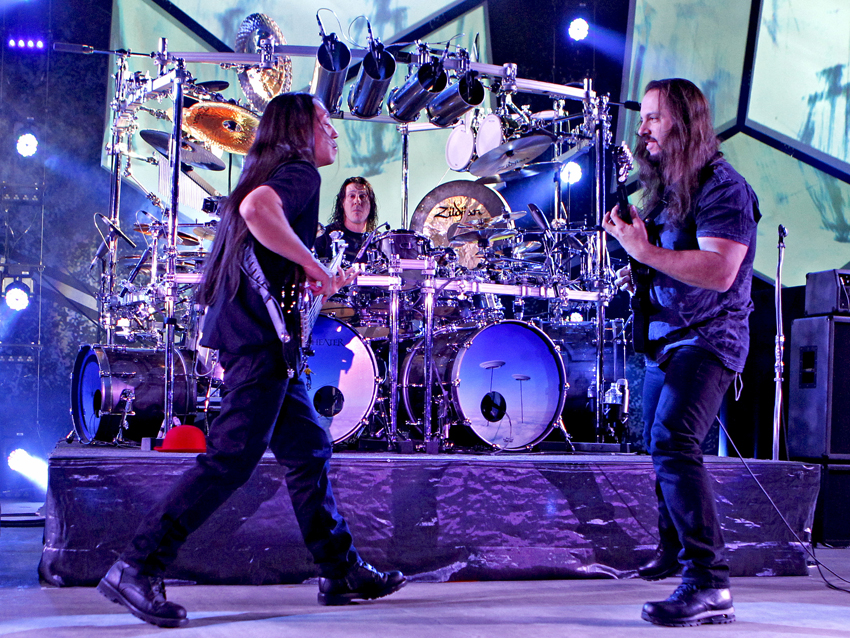
Dream Theater
“They have a habit of learning a classic album and performing it their way.
Unbeknownst to me they had done Made in Japan. I got the call asking if I would mix it. It was fun to do because from listening to it I could hear that they had really listened to the album but also put their own stamp on it. That was a very enjoyable album to do.”
Rich is a teacher, one time Rhythm staff writer and experienced freelance journalist who has interviewed countless revered musicians, engineers, producers and stars for the our world-leading music making portfolio, including such titles as Rhythm, Total Guitar, Guitarist, Guitar World, and MusicRadar. His victims include such luminaries as Ice T, Mark Guilani and Jamie Oliver (the drumming one).
